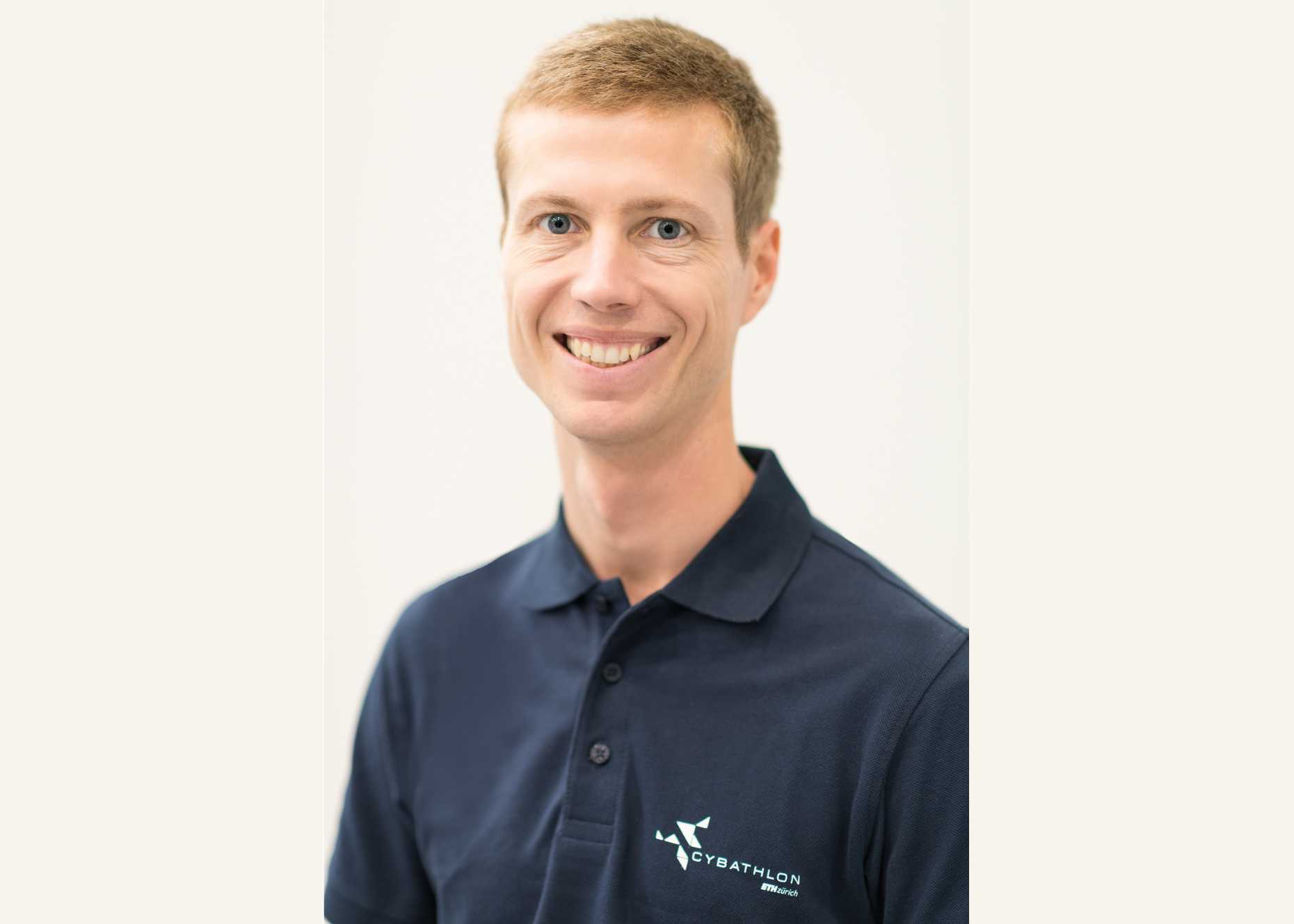Roland Sigrist: "When you work as a volunteer, you get to experience fascinating stories about people for yourself."
Alumni Portraits
ETH Alumnus Roland Sigrist studied at and graduated from the Department of Health Sciences at ETH. He is now Executive Director of CYBATHLON. In May 2020, more than 90 teams from 30 countries will come together in Zurich’s Kloten municipality to compete against one another in various disciplines. He talks about his work and the possibilities which open up to people volunteering at CYBATHLON.

When you were a kid, what did you want to be?
I wanted to be a dustbin man so I could jump on the back of the dustbin lorry. Later on, I wanted to be sports teacher because sport is one of my greatest passions.
You studied Movement Sciences and Sport at ETH Zurich. Why did you choose to study at ETH?
At that time, to become a sports teacher in the Zurich area you had to have studied Movement Sciences and Sport at ETH and also to have completed sports teacher training. This is why I selected this course at ETH.
You completed your doctorate in the Laboratory for Sensorimotor Systems. What did your doctorate involve?
During my doctorate studies, we investigated how a robot can allow humans to perform new, complex movements. We used a rudder simulator in a virtual environment to provide the person being trained with visual, auditory (sound recording linked to movement) and/or tactile (movement guided by the robot) feedback. The end result was a virtual trainer, which analyses movement during training and, based on experience, selects the feedback which is the most efficient for the person being trained.
Now you are Executive Director of CYBATHLON. What does your job involve?
CYBATHLON is one of ETH Zurich's platforms for driving forward the development of state-of-the-art assistance systems for people with disabilities, for promoting inclusion and showing society the opportunities and limitations of technology. This work focuses on a contest where people with disabilities compete in their ability to complete everyday tasks. For example, in the running with an exoskeleton discipline, paraplegics get up from a sofa or climb stairs using their "robot lifts". In the running with robotic prosthetic arms discipline, tasks such as hanging out the washing, tying shoelaces or screwing in a light bulk have to be completed.
Following on from Prof. Robert Riener's initial idea of CYBATHLON in 2013 I took on responsibility for developing and running the contest. After the first CYBATHLON in 2016 in Zurich, I started to manage the project. Alongside CYBATHLON 2020, which will again take place in May in Zurich's Kloten municipality, we have organised numerous CYBATHLON events around the globe on our Road to 2020. Along with my team, I have the job of further developing the platform, running the events and communicating both internally for organisational purposes and externally with and about key stakeholders, such as the participating teams, the people with disabilities, society and ETH Zurich.
You are looking for volunteers to help at the next CYBATHLON on 2 and 3 May. Who can get involved?
96 teams from 30 countries are taking part. Universities, companies and NGOs from everywhere from Mexico and South Africa to Japan will be there. When you work as a volunteer, you get to experience fascinating stories about people for yourself. The work of volunteers includes supporting the teams before and after the contest, in the arena, in the media area, in the program for schools and social events or even help with transport, setting up and clearing up after. Anyone interested, can register for a whole host of jobs at www.cybathlon.com/volunteers. It was great how all the volunteers and teams at CYBATHLON 2016 got on so well – we are really looking forward to seeing this again in 2020!
Become a volunteer
From 28 April to 5 May, you have the chance to be a CYBATHLON volunteer. For more information, check the CYBATHLON website.